Fiction selection autumn 2024
Autumn invites us to cosy up on the sofa with a good book and a cup of tea or coffee in hand. We’ve chosen no fewer than nine novels for you to explore. Journey along the banks of the Danube with a mother-to-be, or join a quest for sainthood in Rome. Step into the world of ambitious painters or follow a modern flâneur through London’s Bloomsbury. Or (re)discover the works of Tom Lanoye, the recent winner of the Grand Prize for Literature, a prestigious triennial award recognising authors of significant literary contributions in the Dutch language area.
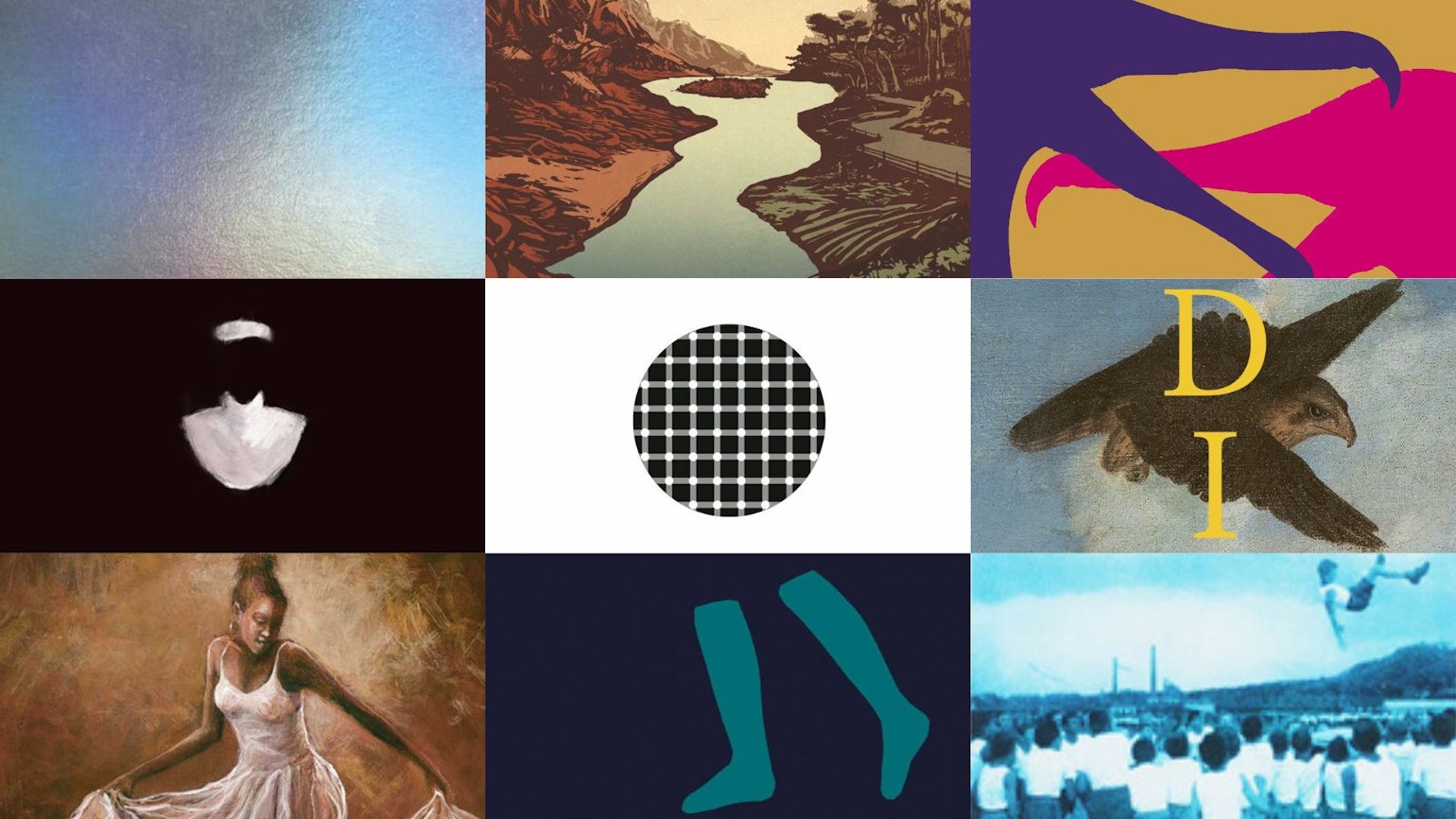
‘The End of the Street’ by Angelo Tijssens
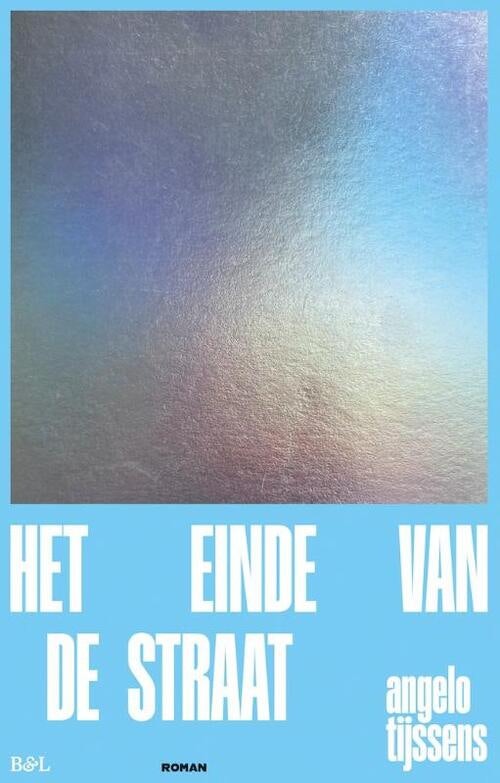
After an incident of homophobic violence, a painter and his husband move into a house in a quiet residential district. The painter’s loneliness grows to become isolation. Doubts and his efforts to process the act of violence make his creativity run dry. In ‘The End of the Street’ Tijssens shows two men trying to find their way amid social expectations and heteronormative role models. In an unadorned and subtle style he lays bare the main character’s search, both in his personal life and in his work as a painter.
‘Sulina’s Voice’ Anneleen Van Offel
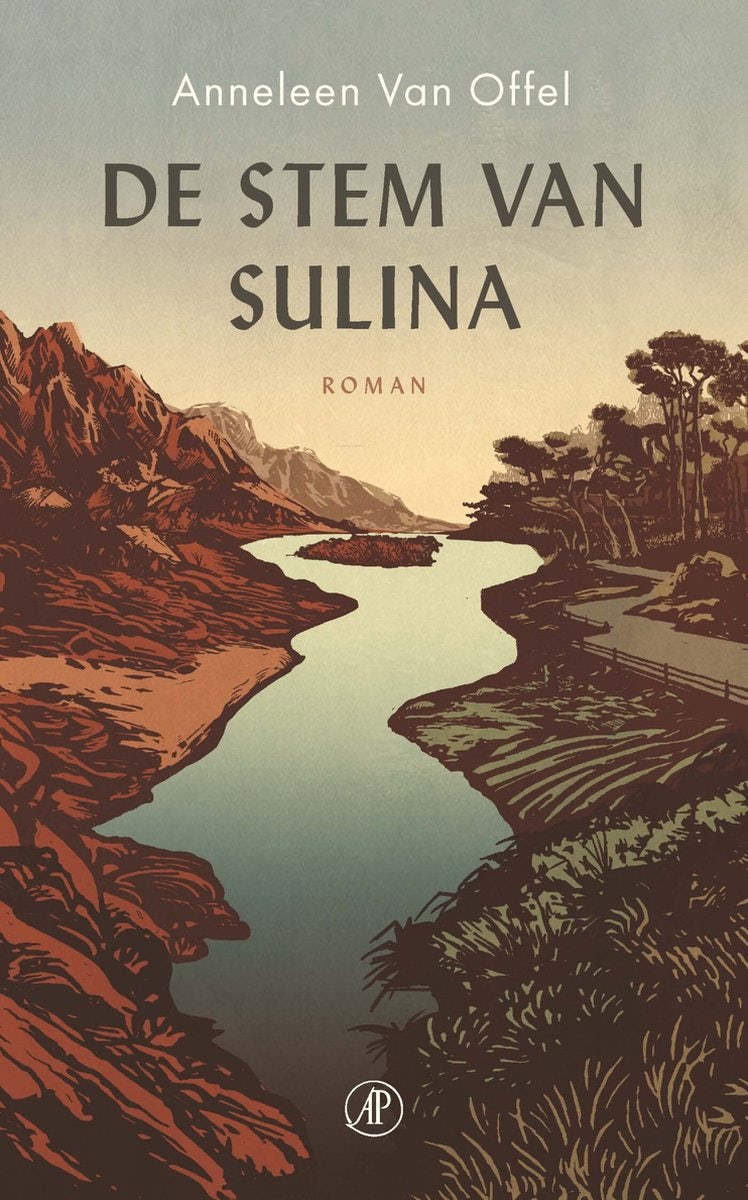
A pregnant writer decides to make one final trip before the baby arrives. She drives along the Danube in a campervan with her boyfriend Leon, from its source in Germany to its mouth in Romania. Reflecting the way the author is subject to transitions, the book switches between reporting and lyricism, between mythology and cultural history, between the diaries of a mother, author and traveller. Van Offel allows us to share in her quest, which, because of the echoes of centuries-old fairy tales and stories, is universal as well as intensely personal.
‘The Two Prong Crown’ by Guido Van Heulendonck
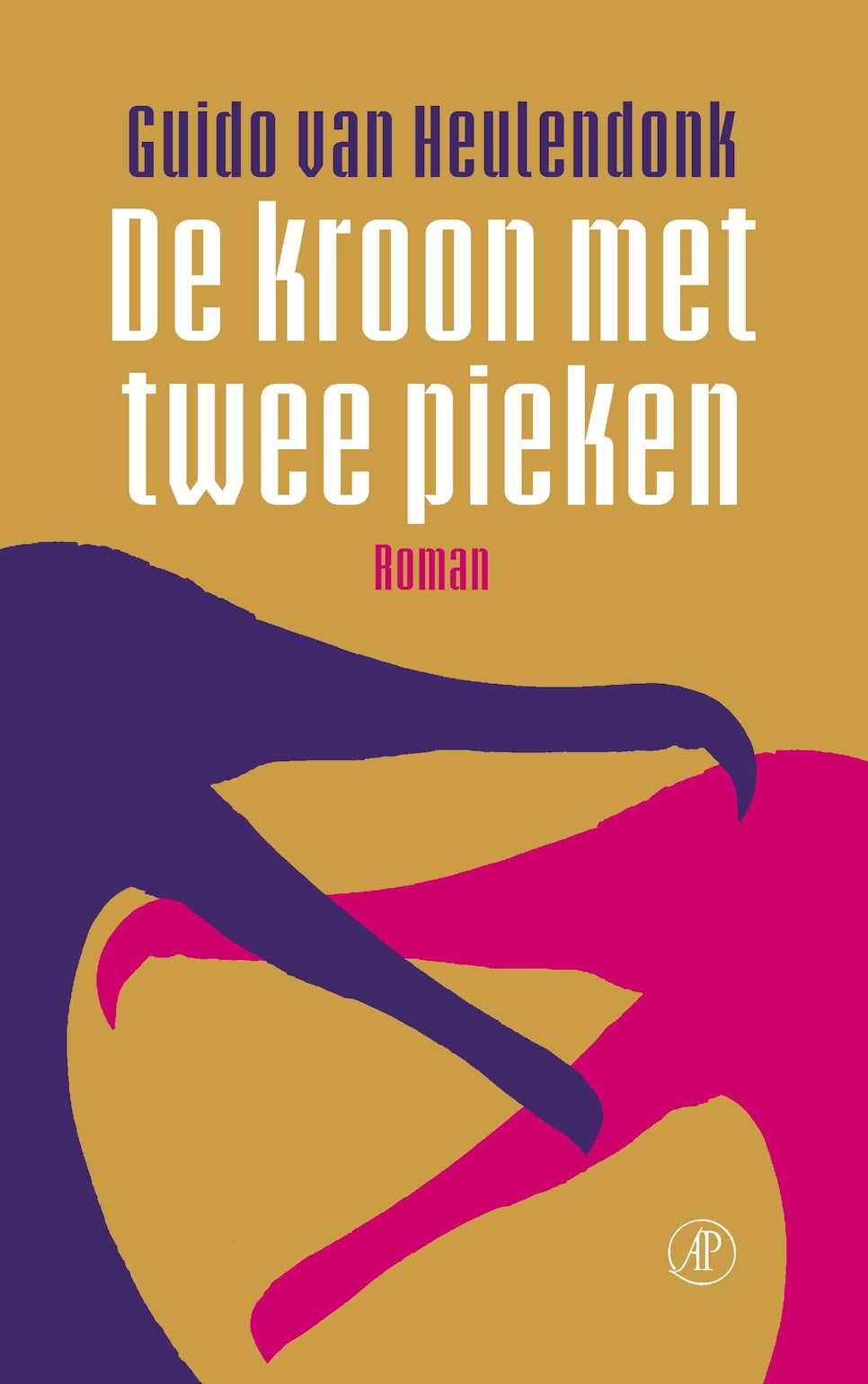
During a visit to the barber’s, news of the death of Peter Green, founder of Fleetwood Mac, casts seventy-year-old Werner back to the days of his youth. With a masterful structure and an endless variety of styles, reminiscent of authors like Haruki Murakami, Jennifer Egan and Ian McEwan, ‘The Two Prong Crown’ elevates a normal life to become literature of the highest order.
‘I’m Going to the Sheep’ by Marieke De Maré
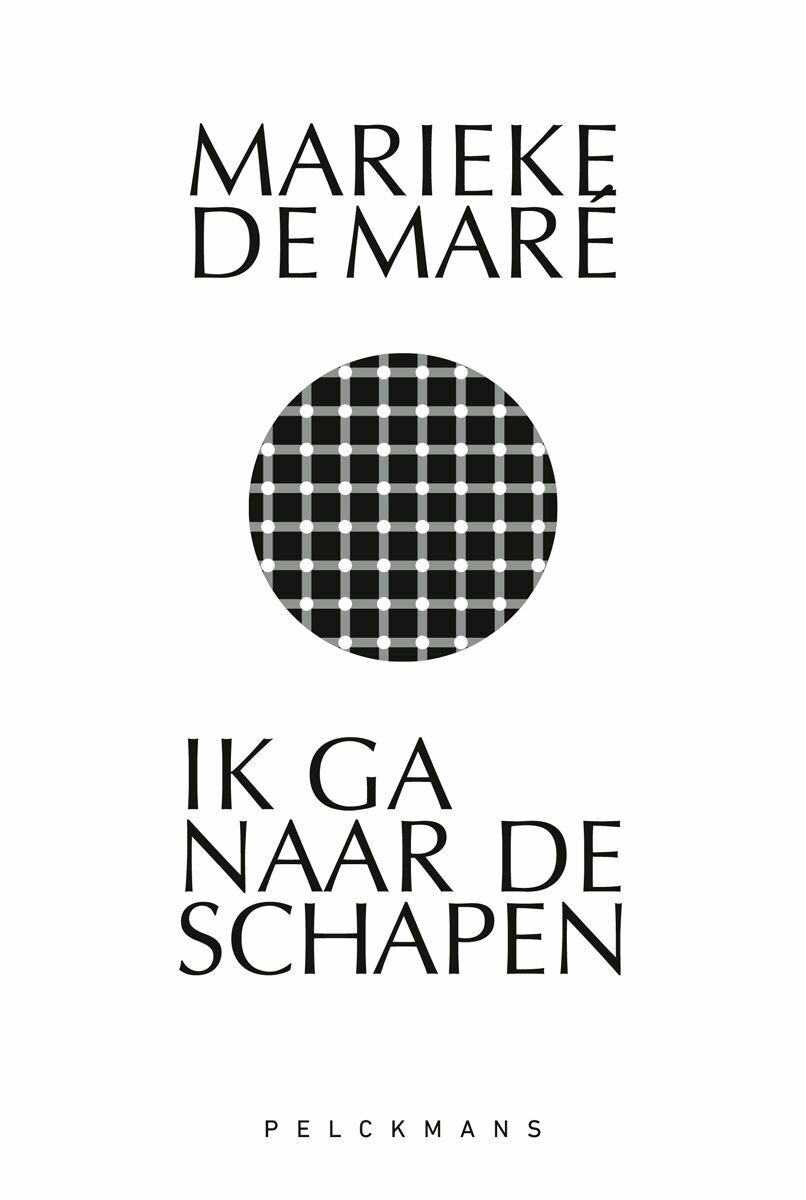
Simone and Andrej have lived for many years in a house on the edge of a sparsely populated village, looking out on their sheep barn. In ‘I’m Going to the Sheep’ we look at the couple’s small world over a period of two weeks. Shimmering through the daily routine the reader can detect fairy tales, magic realism and a touch of absurdist humour. De Maré succeeds in touching a sensitive chord with her poetic parable about life, parenthood and love.
‘Gentlemen’ by Patricia Jozef
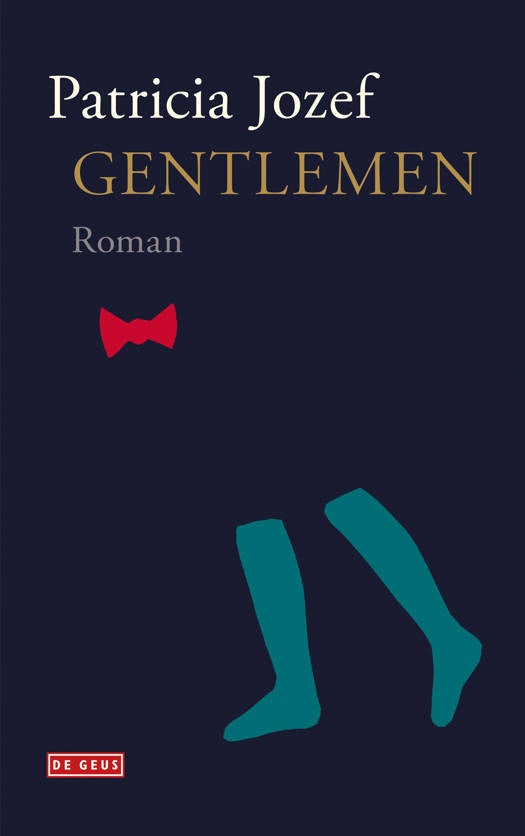
Marieke and Vik have been a couple since they were fourteen and are devoted parents to their twin daughters Hasse and Lotte, who were the result of IVF treatment. Years later, Marieke mourns the loss of sexuality. The combination of her sexual frustrations and her exploratory, practical nature prompts Marieke to undertake research into male sex workers. In ‘Gentlemen’ Jozef frankly investigates female desire and sexual morality. What happens when we reverse traditional roles and expectations?
‘Santa Subito’ by Pierre De Clercq
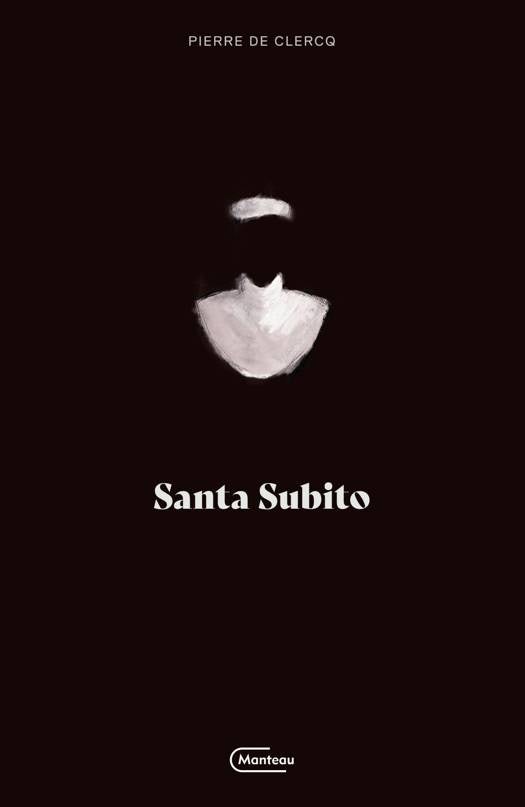
On the day of his first communion, Ernest loses his family. He renounces his early faith and is intent on revenge. When Brother Rémy asks him to continue the beatification of Sister Merita, Ernest sees in the task a chance to personally settle accounts with God. In Rome he is helped by scammers Livio and Stefania. But then the case miraculously takes off and the process of canonization gets completely out of hand. ‘Santa Subito’ is a compelling tragicomic story with ingenious plot twists, colourful characters and laconic irony.
‘Dius’ by Stefan Hertmans
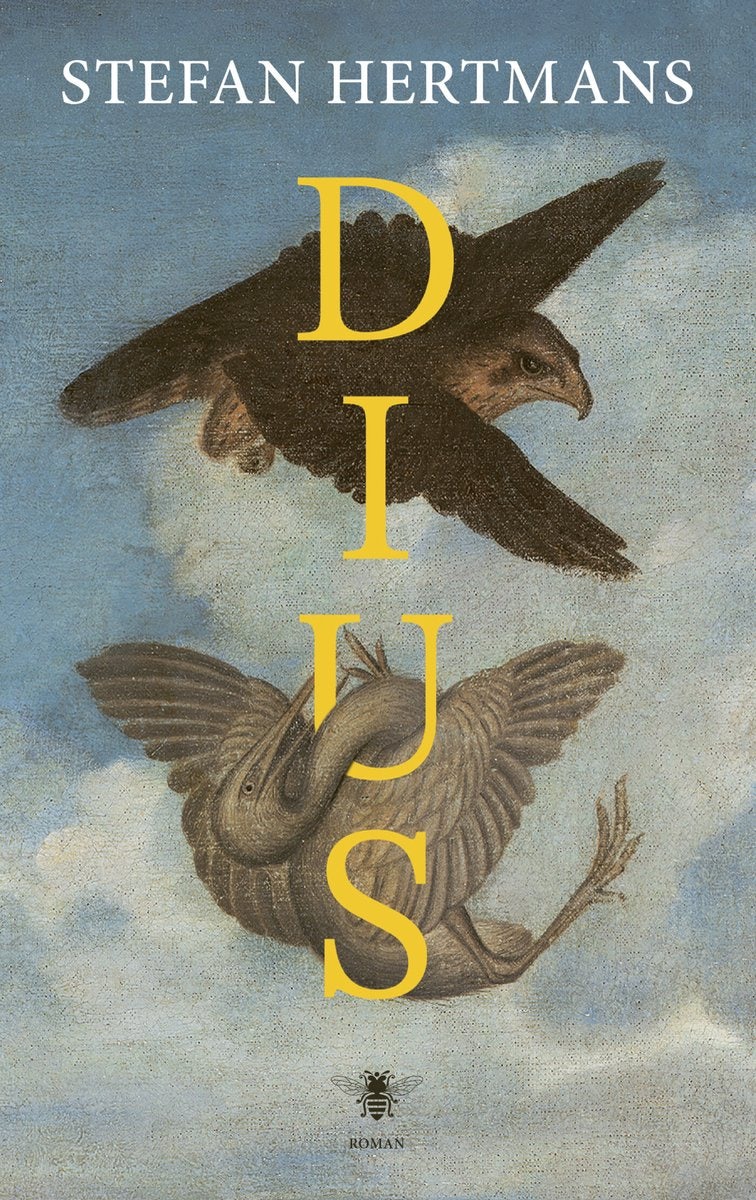
Anton teaches art. One evening one of his students calls by and offers him his unconditional friendship. Dius and Anton find each other in their yearning for beauty, classical painting and the wide-open polder landscape. What starts as mutual curiosity gradually becomes a firm friendship, with a shared fascination for the sublime. Against a rich background of artistic associations and references, a special bond grows between two artists’ souls.
‘The Seers’ by Sulaiman Addonia
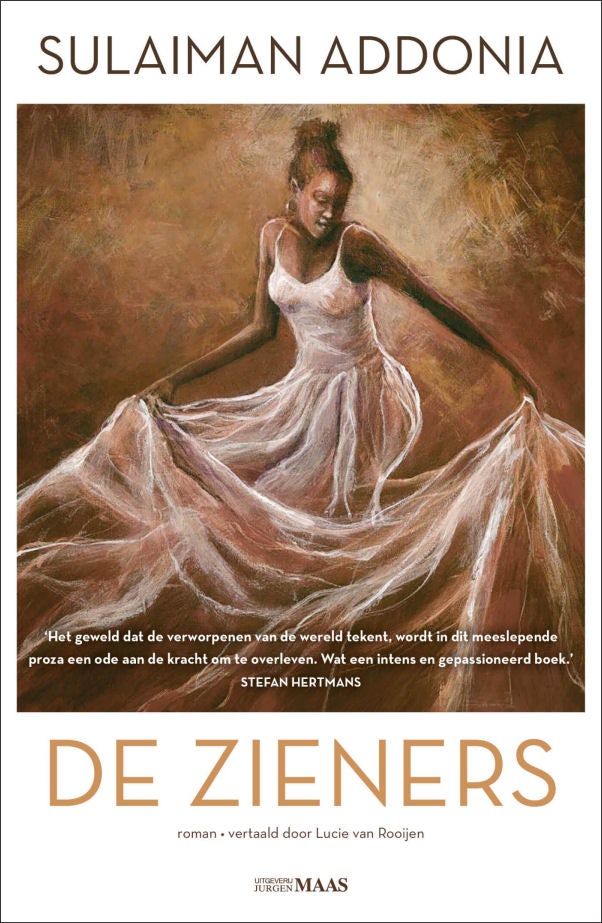
Young refugee Hannah arrives in London with only her late mother's diaries. As she navigates the complexities of Britain's immigration system, she reflects on her family's war-torn past and uncovers a different side of her mother. Far away from her native country, Hannah finds solace in British literature and explores her identity and desires with a fellow asylum seeker. ‘The Seers’ is a compelling and experimental novel about love, loss, resilience, colonial traumas, and the true face of Britain’s immigration policy and its impact on young refugees. A confronting and chastening reading experience.
‘Cardboard Boxes’, a modern classic by Tom Lanoye
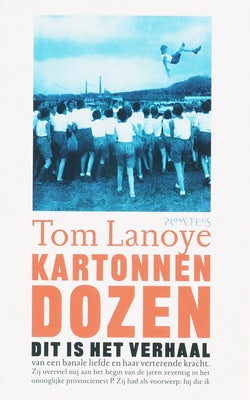
On 1 October, Lanoye was awarded the Grand Prize for Literature, a prestigious triennial award recognising authors of significant literary contributions in the Dutch language area.
In his cult-classic 'Cardboard Boxes', Lanoye has managed to deal with the banal subject of a boy's unrequited love in a thoroughly unbanal way. This auto-biographical story retains its power because it is imbedded in the hilarious background of a childhood in Flanders around 1970. With his rich, melancholic style Lanoye has been able to create a modest monument for his first 'touching' romance.
Lanoye has not only written many novels, but also plays. On our website, you can read more about this in a fascinating analysis by journalist Erwin Jans.